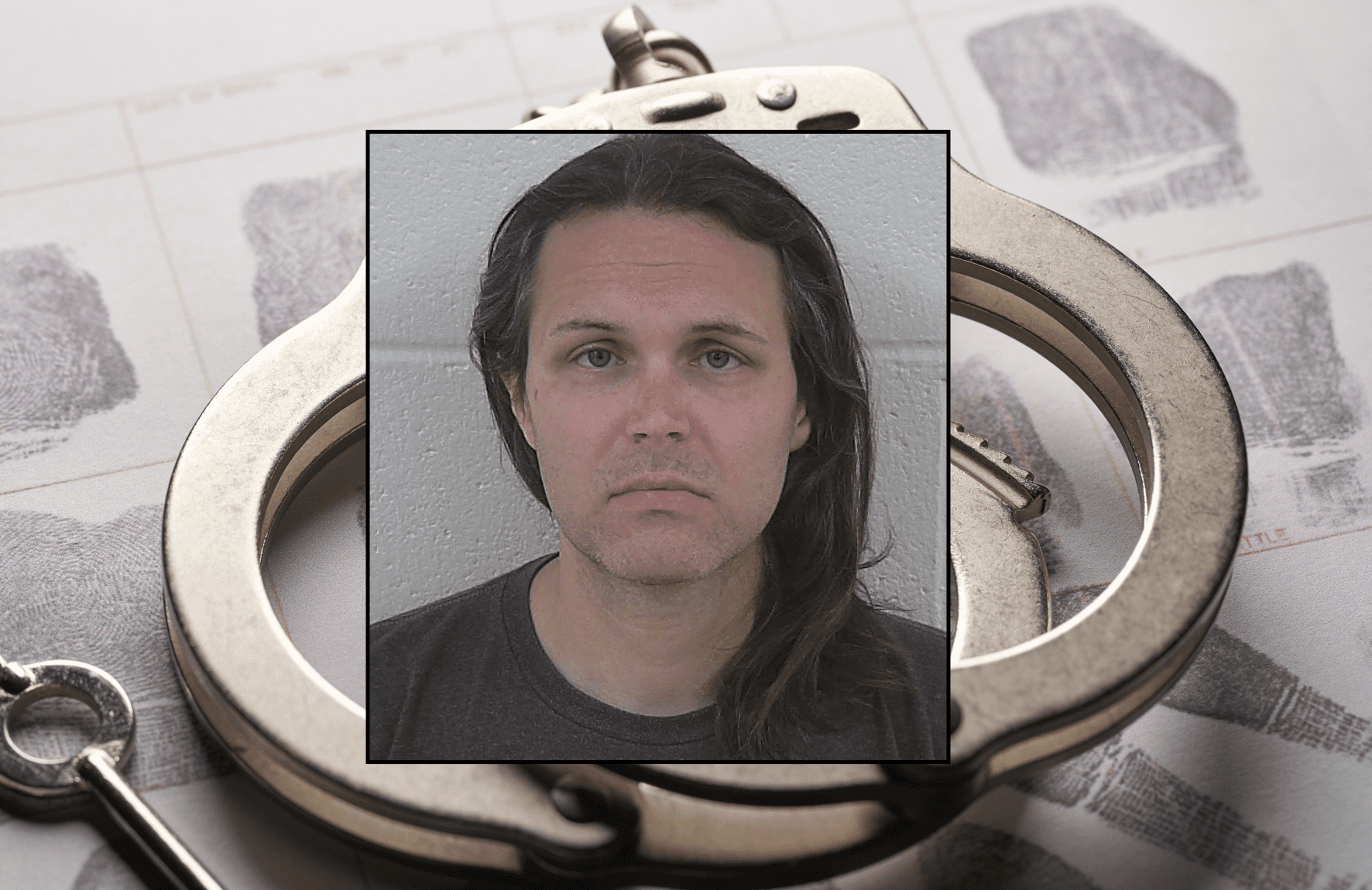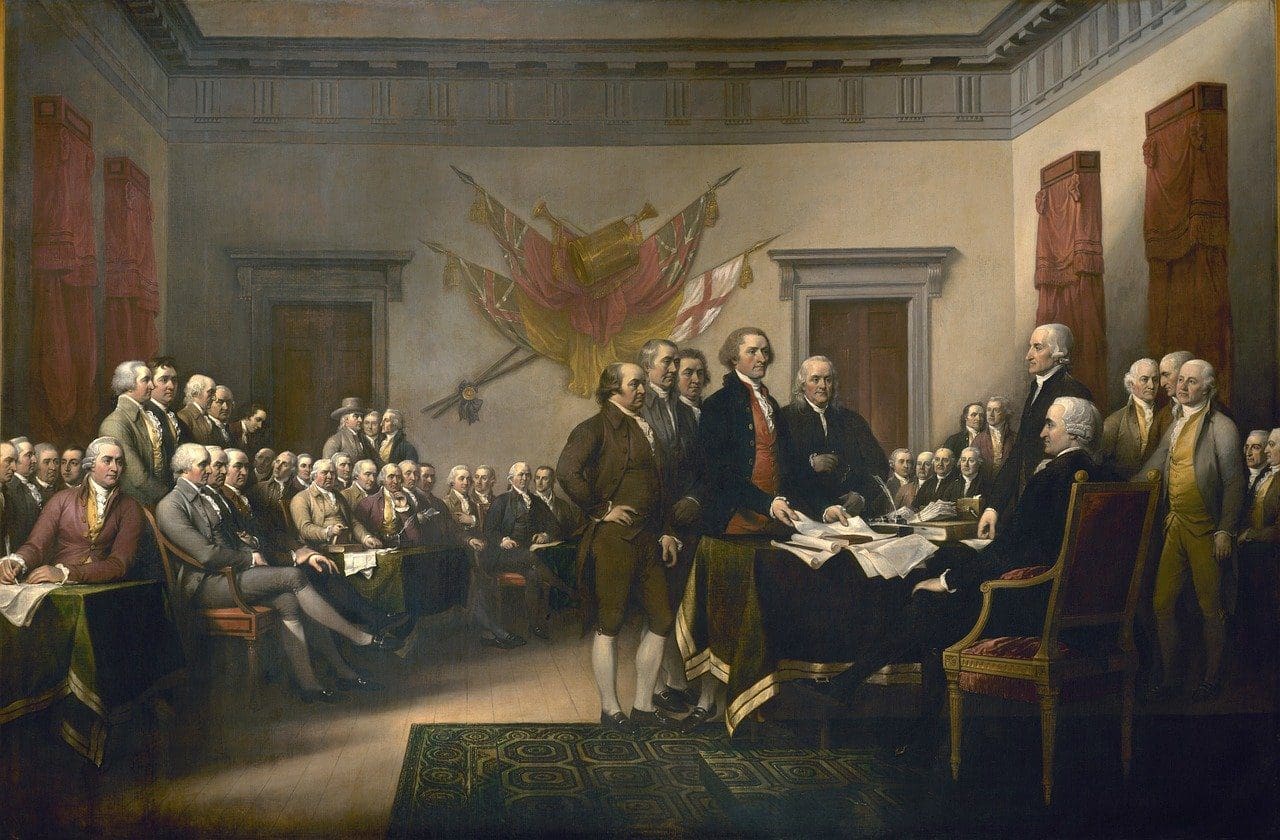In the coming weeks, the Texas House Select Committee on Transparency in State Agency Operations will be meeting in a closed-door session to begin their witch-hunt impeachment against a university regent accused of… seeking greater transparency. And, quite possibly, looking into cases of legislative abuse or corruption. Oddly, legislators don’t want anyone asking questions about that.
According to Article 3, Section 16, of the Texas Constitution, “The sessions of each House shall be open, except the Senate when in Executive session.” Yet inexplicably the Texas House’s Rules allow committees to meet in private.
Transparency in operations might be their name, but apparently the committee isn’t going to take it as their operating imperative in the quest to silence those investigating potential corruption and fiduciary mismanagement.
Let’s be clear about the House’s witch-hunt charges.
State Rep. Jim Pitts – a moderate, anti-transparency Republican who serves as Speaker Joe Straus’ chairman of the House Appropriations Committee – filed impeachment charges last month against University of Texas Regent Wallace Hall. It appears Mr. Pitts and other crony-insider legislators are very nervous about the kinds of questions Mr. Hall has been asking in his role as a regent.
The state constitution says regents are charged with the “government of the university” and are to “provide for the administration [and] organization” in order to “achieve the maximum operating efficiency.”
By all accounts, that’s what Mr. Hall and some of his fellow regents have been trying to do: constitutionally govern their state agency. The highly paid bureaucrats running the university don’t like it one bit, nor do a select group of legislators with whom those bureaucrats play footsies. Perhaps because they’re hiding embarrassing, unethical or even illegal behavior?
With the growing recognition of highly inappropriate – possibly unethical and even illegal – activities at the University of Texas School of Law, at a bare minimum regents should be asking questions.
Yet that’s exactly what the legislators and bureaucrats want to avoid. Why?
Well, there are hints at something akin to the University of Illinois’ “clout scandal,” in which unqualified students were apparently admitted to the school based on their relationships to rich and powerful people.
One has to wonder why many in the state press are turning a blind eye – at best – to powerful legislators, big donors and university bureaucrats trying to silence inquiries into corruption. (Some, like the Austin American Statesman, actually seem to be on a mission shielding high-ranking university bureaucrats from questions.)
When a legislative transparency committee is meeting behind closed doors, that’s a sign something is fundamentally wrong.
When a regent is threatened with impeachment because his questions are making bureaucrats and lawmakers uncomfortable, it’s a good sign he is asking the right questions.
The answers to which the witch-hunting Mr. Pitts, influence-seeking donors, and influence-peddling lawmakers don’t want anyone to hear.
Ironically, the Transparency Committee’s kangaroo impeachment hearings might just end up giving whistleblowers and reformers a forum for exposing some very dirty closets at state’s largest university.
Photos:
Jim Pitts: linked to the Texas Tribune
Joe Straus: linked to the Austin American Statesman





